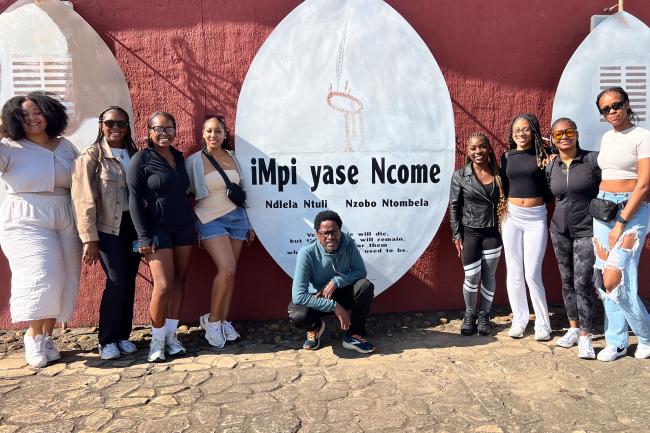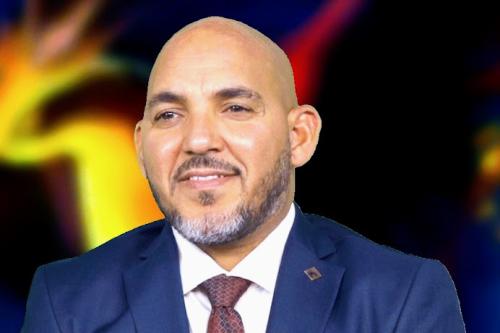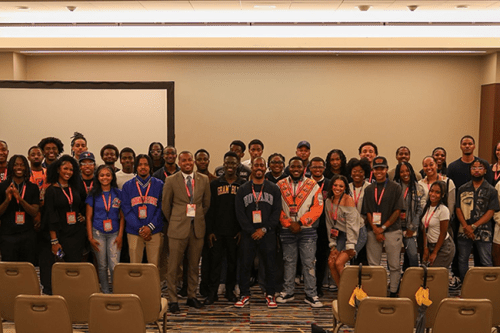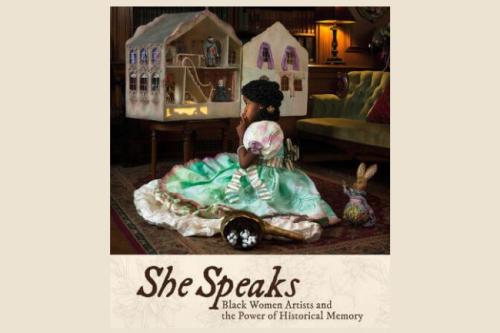For the second consecutive summer, Howard University professor Sipho Sithole, Ph.D., has taken a select group of students to South Africa for cultural exchange and experiential learning.
Sithole, a lecturer in the department of world languages and cultures, also administers the Howard University Zulu in South Africa (HUZISA) program, a six-week study abroad voyage that allows Howard scholars to experience the Zulu language and culture firsthand. This year’s curriculum, which ran from June 1 to July 13, transpired in the provinces of Gauteng and KwaZulu-Natal, allowing students to learn about both urban and rural behaviors across the country.
The program is supported in part by the Center for African Studies, which awarded Foreign Language and Area Studies fellowships to seven students this summer: Brianna Artis, Janasia Blake, Kaori Cannon, Brigette Lacroix, Ryen-Amirah Reed, Amyah Wright, and Halaya Vann.
Zulu, or isiZulu, is among the leading world languages taught at the university, and per Sithole, Howard has the largest enrollment of Zulu learners outside of South Africa. “In one year, we teach about 150 students from Zulu I to Zulu IV,” he said.
Sithole, who became a lecturer at the university in 2024, spoke to the importance of preserving the language, which he articulates has been deprioritized in South African primary education. “I was lucky that I went to school when everything was taught in isiZulu; I think this is where my foundation comes from,” he said. “I learned biology in Zulu, physics in Zulu, geography in Zulu, math in Zulu. I think we need to start our mother tongue at the elementary level of schooling and introduce English in the years later, because that actually gives you a foundation for the language.”
During the trip, the students even made appearances with Sithole on South African television, where they expressed their initial interest in the Zulu language and culture, and how their classroom experiences measured against an authentic immersion.





